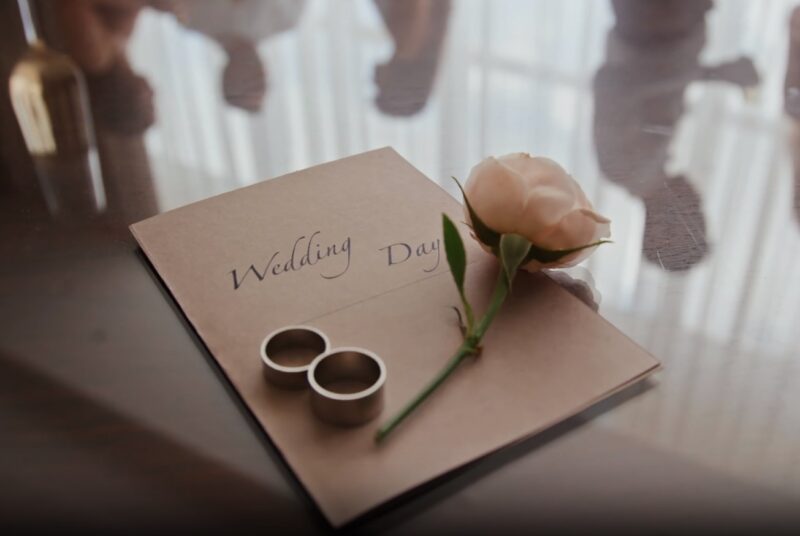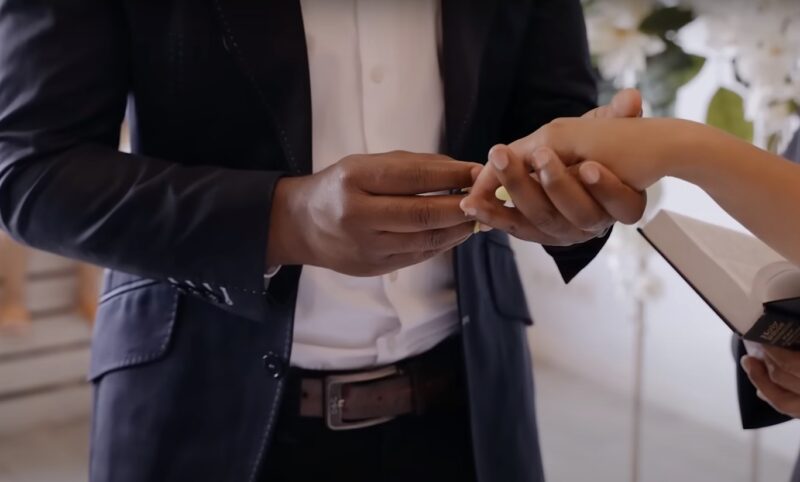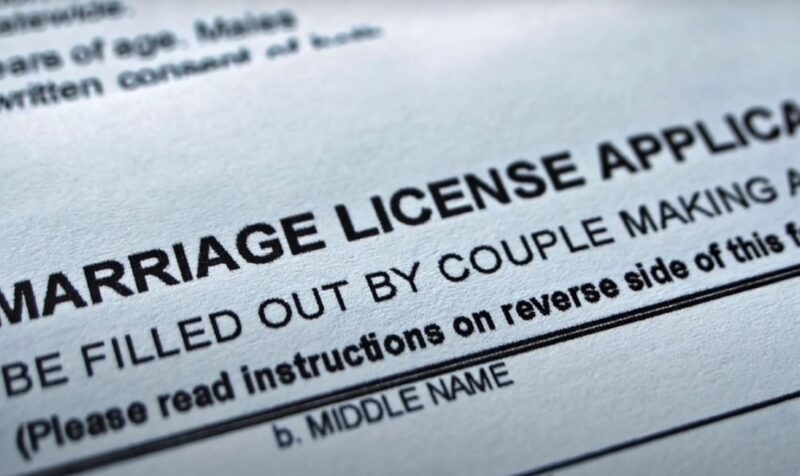The core issue arises from a hypothetical individual obtaining a marriage license in Los Angeles, with plans to marry in a Utah church. This situation underscores the jurisdictional boundaries of marriage licenses.
Each state in the United States has its laws governing marriage licenses, necessitating a license from the state where the ceremony will occur. Thus, a Los Angeles license does not automatically authorize marriage in Utah, leading to the individual’s dilemma.
Legality of Multiple Licenses
Concerns about the legality of holding two marriage licenses are valid. The legal framework around marriage licenses is designed to prevent misunderstandings and ensure that marriages meet state requirements.
While multiple licenses can be legally obtained, each must be used by the issuing state’s laws. This requires careful navigation to avoid legal pitfalls.
Expiry and Validation
Marriage licenses have an expiry period, typically ranging from a few days to several months post-issuance. Failure to use a license within this timeframe results in its expiration, necessitating reapplication.
This characteristic adds a layer of complexity for those planning weddings in advance or different jurisdictions.
The variation in marriage laws from one state to another, such as Texas’s acceptance of licenses statewide regardless of the issuing county, showcases the need for thorough research. Couples should verify the marriage license requirements in the county of their ceremony to ensure compliance.
This verification process may reveal that a new license from the ceremony’s state is essential.
Multi-Ceremony Considerations
For couples considering ceremonies in multiple states, the legal standing of each event comes into question. Legally, a couple is married after the first ceremony where a valid marriage license is used.
Subsequent ceremonies can be ceremonial or celebratory without the need for additional legal documentation, assuming the first marriage is recognized across state lines.
Coordination and Communication
Effective communication with county clerk offices and officiants is crucial. For individuals planning ceremonies in different states, discussing plans with local officials can provide clarity and prevent legal misunderstandings.
Additionally, coordination ensures that all parties understand the ceremony’s symbolic or legal nature, especially in cases involving prior legal marriages.
Is There Any Advice for International Couples?
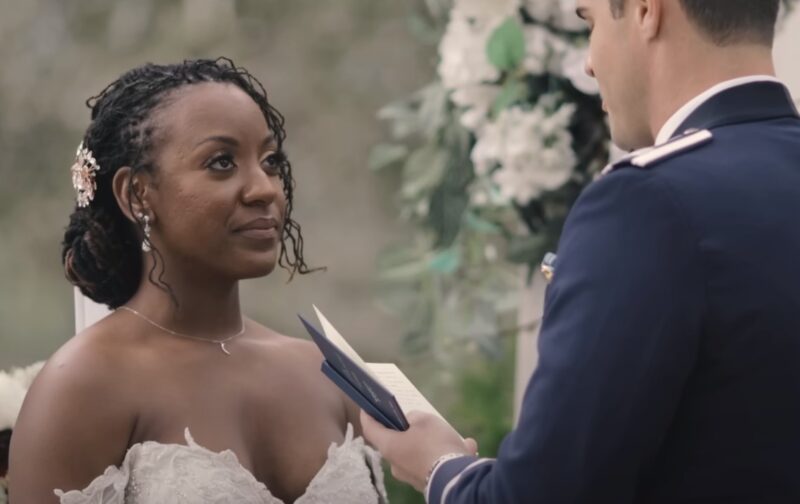
International couples face unique challenges when marrying in the United States.
Immigration Laws
Marriage significantly impacts immigration status and applications. When a U.S. citizen marries a non-citizen, it opens a pathway to residency or citizenship for the non-citizen, governed by intricate federal laws requiring comprehensive documentation.
Pre-Marriage Visa Considerations
Non-U.S. citizens must secure the appropriate visa for marriage in the U.S. The K-1 visa, or fiancé(e) visa, specifically permits a non-citizen to enter the U.S. for marriage to a U.S. citizen. Familiarity with visa requirements and limitations is critical for legal compliance.
Legal Assistance
Given the complexity of U.S. immigration laws and the severe implications of any errors, consulting with an immigration attorney is advisable. Legal experts can offer personalized advice, helping couples navigate the immigration landscape and avoid potential legal issues.
What are the Ethical and Practical Implications?
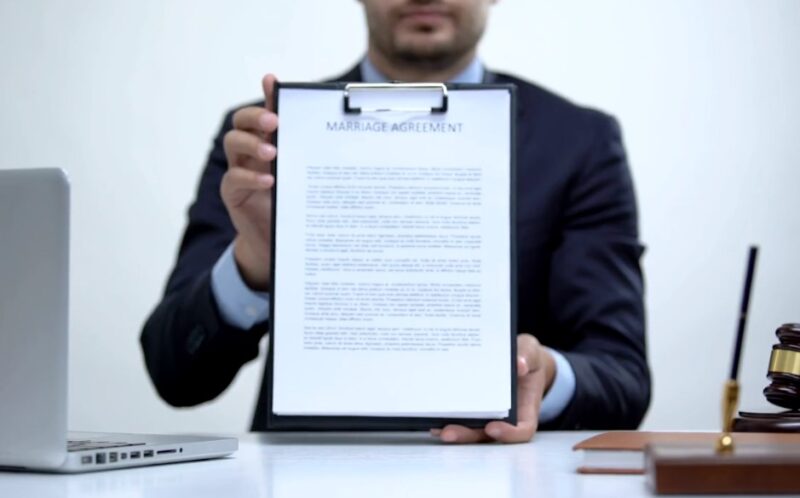
The decision to hold multiple ceremonies or marry in a different state for practical reasons, such as insurance, raises ethical considerations about family awareness. Transparency with family about the legal status of the marriage can prevent future discord, emphasizing honesty in personal relationships.
Legal and Moral Solutions
Proposed solutions include intercepting the license before submission to ensure it reflects the actual legal status and engaging in open discussions with the officiant about the nature of the ceremony. These steps can align the legal process with personal intentions, maintaining the integrity of the marriage.
Ensuring Compliance and Integrity
Ultimately, the legality of obtaining a second license for a ceremony in another state hinges on compliance with both states’ laws. Couples must navigate the legal landscape with care, balancing their desires for a meaningful celebration with the requirements of the law.
This necessitates diligence, transparency, and a commitment to upholding both legal and personal standards.
FAQ
Can I use a marriage license obtained in one state to marry in another state?
No, you must obtain a marriage license from the state where the ceremony will take place, as each state has its laws governing marriage.
Is it legal to hold marriage licenses from two different states?
Yes, it’s legal to obtain marriage licenses from different states, but each must be used according to the specific laws of the state that issued it.
What happens if we don’t use our marriage license within its validity period?
The license expires and you’ll need to reapply for a new one if you still plan to marry after the expiry date.
How should we plan for a legal marriage ceremony if we want to have celebrations in multiple states?
Legally, you’re married after the first ceremony with a valid license. Additional celebrations can be held without legal implications, assuming the first marriage is recognized across state lines.
What are the ethical considerations of marrying in a different state for practical reasons, like insurance benefits?
It’s important to be transparent with your family about the legal status of your marriage to prevent misunderstandings and maintain honesty in your relationships.
How can couples ensure their marriage complies with legal standards across different states?
By researching state laws, communicating with county clerk offices, and being transparent with all parties involved, couples can align their marriage with both legal requirements and personal integrity.
